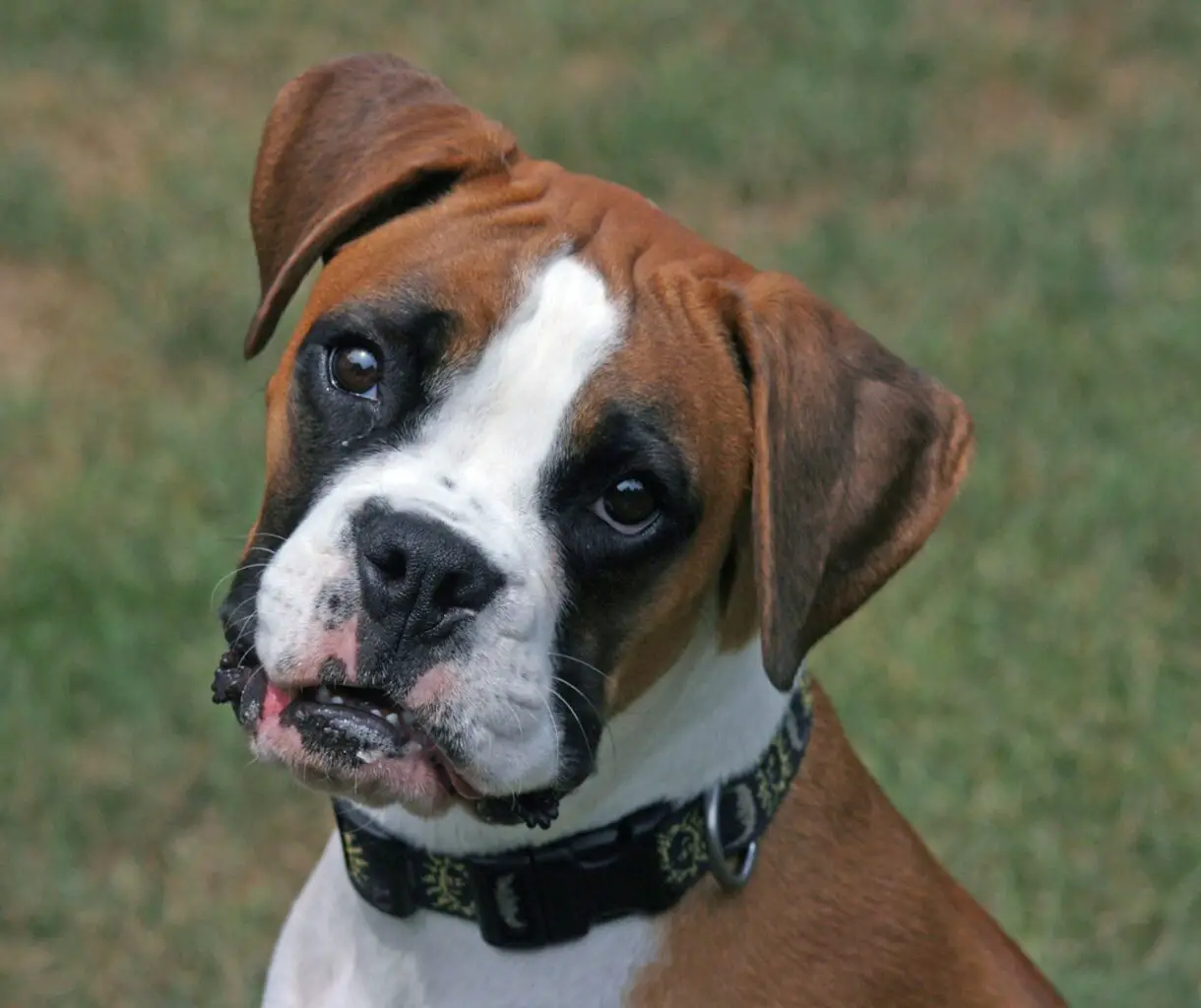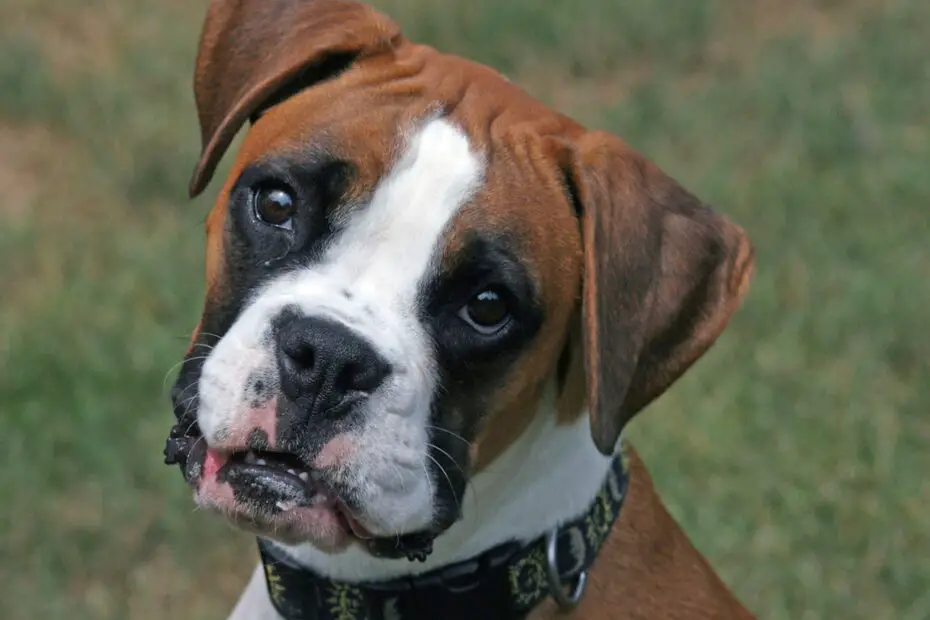Having a boxer puppy in your life is like having a force of nature take over your heart and your life in the most delightful and unexpected ways. That’s is the life of puppies boxers.
Feeding, housebreaking, socialization, obedience training, nail clipping, grooming, and decisions about neutering/spaying, parasite control, and vaccinations are all part of raising a Boxer puppy.
Keep an eye out for the zoomies, as well as vocalization (which can be misunderstood as growling), “smart” bumps, “flying nun” ears, knuckling, and snarling from your Boxer.
Since Boxer puppies don’t come with an instruction manual, we wrote one! This book is full of useful information about raising and caring for your new Boxer puppy.
You may also want to read about Doberman puppies.
Home of puppies boxers
Bringing a new Boxer puppy into the home is similar to preparing for a human baby. Before the big day, make sure your home is “puppy-proofed” by putting away all dangerous items that your Boxer could potentially get into, such as chemicals, medications, toiletries, electrical cords, and poisonous plants. Puppy can’t be let into certain rooms of the house, so installing baby gates is a good idea.
Be sure to put up a high fence to keep your yard safe if you have one. Because of their delicate constitutions, boxers should spend the majority of their time inside, in a comfortable environment that is protected from the elements. Your new Boxer puppy will require the fundamentals such as a harness, leash, crate, soft bed, toys, grooming tools, ID tags, food and water bowls, and premium dog food.

Care of puppies boxers
Anyone who has ever shared a home with a boxer will know how tender, playful and loving they are. Boxers are known as “eternal babies” for their positivity and joy. Although, it is important to teach them basic obedience from an early age.
If you are hoping to adopt a boxer puppy, you must be sure that this time of adoption should not be before 8 weeks of the puppy’s life. If a boxer puppy is separated from its mother to early, it will struggle when it comes to socialization and might show signs of fear or aggression. Separating this breed from their mother too early can also result in learning deficiencies, such as lack of bite or urine inhibition.
A boxer puppy does not require more care than any other puppy breed when arriving to a new home. We recommend having a comfortable and warm bed, drinking fountain, toys and brushes all ready before the adoption.
Feeding of puppies boxers
What a boxer needs to eat changes with his or her age. If possible, follow the feeding guidelines on the package for your boxer. How much food you give your boxer dog will change based on how old it is and how much it weighs. If you think your boxer dog may have special dietary needs, a veterinarian can help you figure out what he or she should eat. Get a good food for you boxer puppy.
Monitor your boxer’s poop to get an idea of how well his digestive system is handling the food you’ve been giving him. Get your dog to the vet ASAP if you notice any digestive issues, especially diarrhea or constipation. Home cooking is another option you have for your boxer’s diet. It’s important that all of the ingredients in this diet be fresh and nutritious. If you decide to try this diet, it’s important to get your vet’s approval first.
Finally, keep in mind that your dog’s dietary needs will change depending on his or her age or sex. How much exercise your dog gets on a regular basis will also have an effect. The goal is to provide for all of your dog’s nutritional needs and prevent any deficiencies.
